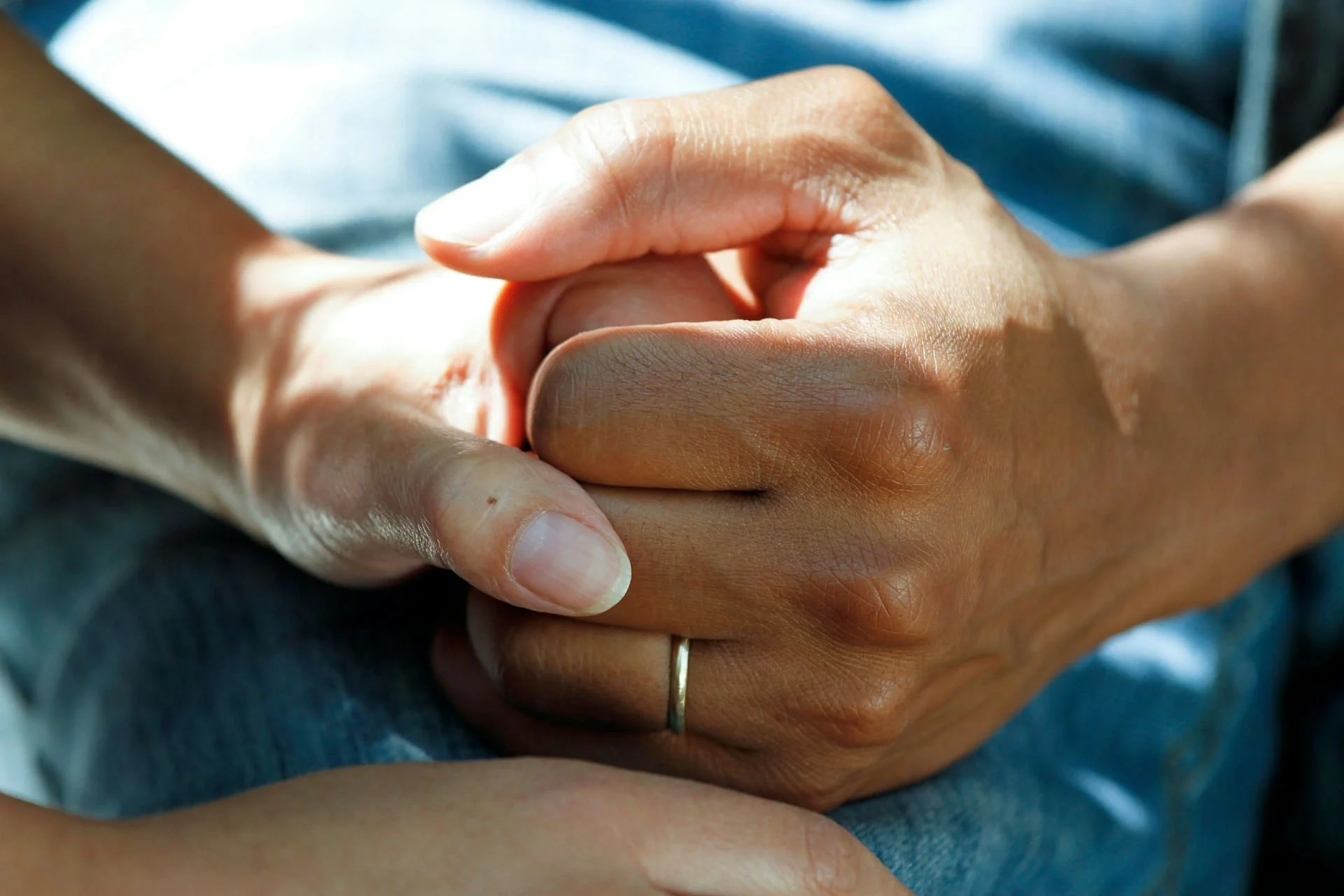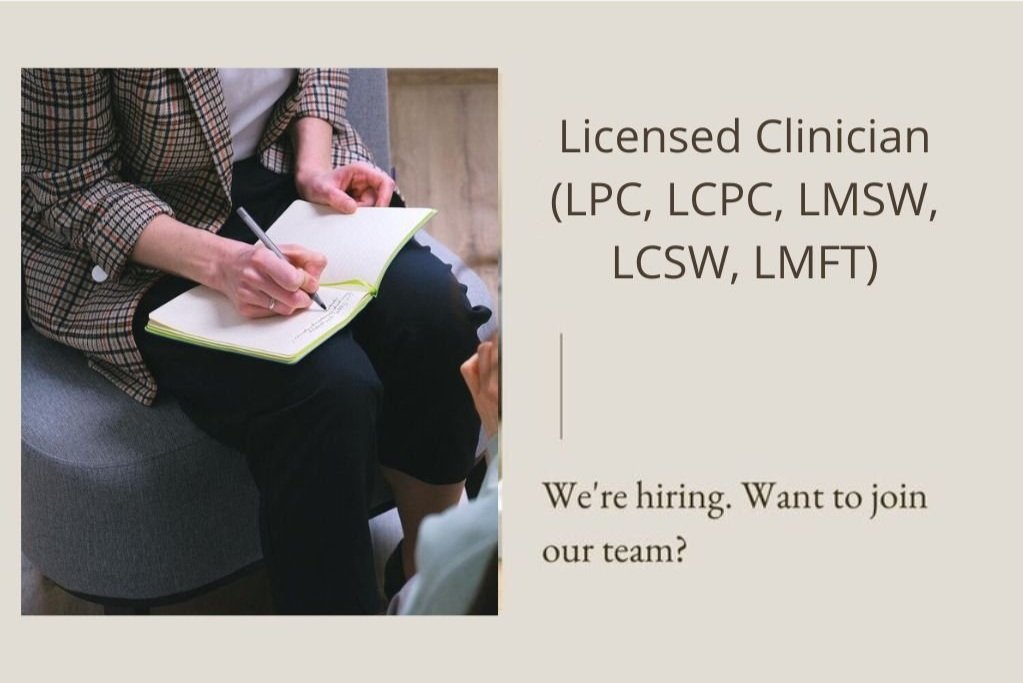Jumpstart your journey to recovery this spring with 'Recovery Reboot: Springing Back into Your Resolutions.' Discover how to detox digitally, plan a personal recovery retreat, and use your recovery journal and CBT workbook to achieve meaningful growth. Ideal for those seeking innovative ways to recommit to their recovery goals and embrace a season of progress.
The Walker Center’s Unique Approach to Out-of-State Addiction Care
How to Support a Family Member Struggling with Benzo Dependency
Navigating the complexities of benzodiazepine (benzo) dependency is challenging for families. When a loved one is caught in the grip of benzo dependency, understanding how to offer meaningful support is crucial. This comprehensive guide delves into recognizing the signs of dependency and provides detailed strategies to help families offer compassionate and effective support.
Navigating Insurance for Out-of-State Addiction Treatment at The Walker Center
How Experiential Therapies Help with Boundary Setting in Addiction Recovery
Residential Counselor - Gooding, Idaho
The Science Behind Why Recovery Resolutions Fail & Reframing Your Goals
Embarking on a journey of recovery often starts with resolutions filled with hope and determination. However, understanding why these recovery resolutions can fail is key to reframing for success. Delving into the science of our brains and behaviors illuminates the complexities behind maintaining recovery resolutions.
How Alcohol Impacts Your Immune System
Licensed Clinician (LPC, LCPC, LMSW, LCSW, LMFT) - Gooding, Idaho - Sign On/Relocation Bonus
Join the team at the Walker Center as a licensed clinician! If you have the skills and experience we’d love to hear from you. We offer a great work environment with excellent compensation and bonuses. No addiction treatment experience required - Walker Center invests in new clinicians to provide Substance Use Disorder specific training.
Licensed Clinician (LPC, LCPC, LMSW, LCSW, LMFT) - Twin Falls, Idaho - Sign on/Relocation Bonus
Join the team at the Walker Center as a licensed clinician! If you have the skills and experience we’d love to hear from you. We offer a great work environment with excellent compensation and bonuses. No addiction treatment experience required - Walker Center invests in new clinicians to provide Substance Use Disorder specific training.
Mastering Boundaries in Recovery: Three Key Strategies for Success
ADHD & Addiction: Finding A Way to Be Healthy and Happy
🧠 Struggling with ADHD and addiction? You're not alone. Our latest blog sheds light on this complex relationship and offers practical strategies for managing both. Discover how structure, mindfulness, exercise, and the right support can pave the way to a healthier, happier you. 🌟 Whether it's finding your tribe or seeking professional help, we guide you through every step.
Sobriety Tips to Get You Through the Holiday Season
🎄 Navigating the holiday season in recovery? We've got you covered. 🌟 Check out our latest blog for essential tips to maintain your sobriety during this festive time. From leaning on your support network to practicing mindfulness, we share strategies to help you enjoy the holidays while staying true to your recovery journey. 💪
The Link Between Sleep and Recovery: Navigating Addiction's Impact
In the challenging journey of addiction recovery, sleep is a crucial but often overlooked ally. There is a deep link between sleep and recovery, and addiction can disrupt this important aspect of well-being. Learn everything you need to know about the importance of prioritizing good sleep practices as a vital part of restoration and renewal, and remember that we're here to support you or your loved one through every step of the journey.
5 Things Your Loved One With Depression Wants You to Know
Depression – a word often thrown around casually in conversations, but for those battling with it, the reality can feel exhausting. When a loved one is living with depression, it can feel hard to understand what they’re going through. That’s why we’ve put together a list of things that our loved ones wished we knew when they were at their lowest.
What is EMDR Therapy? A Comprehensive Guide
Navigating the world of therapy can sometimes feel like wandering through a maze with a multitude of turns and decisions. Among the various therapeutic approaches, EMDR or Eye Movement Desensitization and Reprocessing stands out, particularly for individuals grappling with traumatic experiences. But what exactly is EMDR, and how does it function? Let’s delve into the details.
5 Ways to Help A Loved One During a Panic Attack
Did you know? Panic attacks and anxiety disorders are among the most common mental health challenges with studies showing that an estimated 13% of people will experience a panic attack at some point in their life. Despite their prevalence, it can be difficult to know how to respond to a friend or loved one who is experiencing a sudden and unpredictable onset of panic.
How to Discuss Addiction Treatment With Your Employer
Seeking treatment for a substance use disorder is a life-changing decision and for many people in recovery, the choice to get professional help holds the key to getting their life back on track. Nevertheless, addiction treatment is a considerable commitment, especially for those in need of assistance from an inpatient program.
What are Relapse Dreams? 3 Things You Should Know
It’s no secret that getting quality sleep has a major impact on our overall health and well-being, but for people in recovery, falling asleep may not always be as relaxing as it sounds. Relapse dreams can be a common occurrence for both those progressing through addiction treatment and those maintaining their sobriety, but what are relapse dreams and what do they mean for your recovery?
College Students and Drinking: Is Your Child Hiding Their Alcohol Abuse?
As young adults entering a strange new world, college students face a variety of unique challenges that can feel both exciting and nerve-racking. In search of ways to cope with their new surroundings, many students resort to drinking as a way to fit in with their peers, manage stress, and lower inhibitions.





















